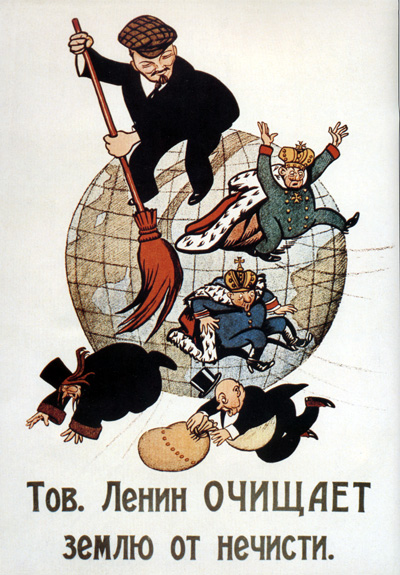this post was submitted on 26 Dec 2023
46 points (100.0% liked)
history
23025 readers
1 users here now
Welcome to c/history! History is written by the posters.
c/history is a comm for discussion about history so feel free to talk and post about articles, books, videos, events or historical figures you find interesting
Please read the Hexbear Code of Conduct and remember...we're all comrades here.
Do not post reactionary or imperialist takes (criticism is fine, but don't pull nonsense from whatever chud author is out there).
When sharing historical facts, remember to provide credible souces or citations.
Historical Disinformation will be removed

founded 5 years ago
MODERATORS
you are viewing a single comment's thread
view the rest of the comments
view the rest of the comments
This isn’t all that surprising; up until very recently, livestock supply was precarious enough that the utility function of domesticated animals outweighed their meat function; you eat a a cow, it can’t be used for milk or pulling equipment, you eat a chicken, no more eggs from that chicken, you eat a sheep, no more wool from that sheep, and dead animals can’t reproduce to make new ones. So meat consumption was probably limited to special events and desperation calories.
Yeah, from what ik generally it'd be the older animals, much older than we kill them today and very much restricted to events where a large group beyond the immediate owners gets to eat (e.g. chiefly feasts in the Scottish highlands; saints' feastdays in much of Europe or various sacrifices in Rome or Judah). The whole idea of breeding and raising exclusively to butcher comes with markets export of goods for consumption in the cities. There's also just more concern in general for the animal because you're relying on them for various other tasks (and just generally, its easier to deal with a contented animal than an angry one)
Saito in Karl Marx's Ecosocialism actually shows that Marx had thoughts on the 'modern', rapid, meat-focused, industrialised animal agriculture, as it was developing:
Under conditions where animals self-feed from their environment and there's enough of their food source, meat will be available, but just much less often than today. Cows produce milk mostly after they've been pregnant, so there will be calf production, usually above the carrying capacity of the environment. This "excess" would create an incentive to kill cows every so often for meat, but we're talking on the level of one per year or less. Or for chickens, maybe one per month. This is fairly consistent with how often humans with livestock have usually had meat, which is as a special occasion kind of thing. If you kill a goat twice a year for economic reasons, do so on a special day.
So it's interesting to find vegetarian societies, as it means they didn't have livestock or they made a philosophical choice to not eat the dead ones.